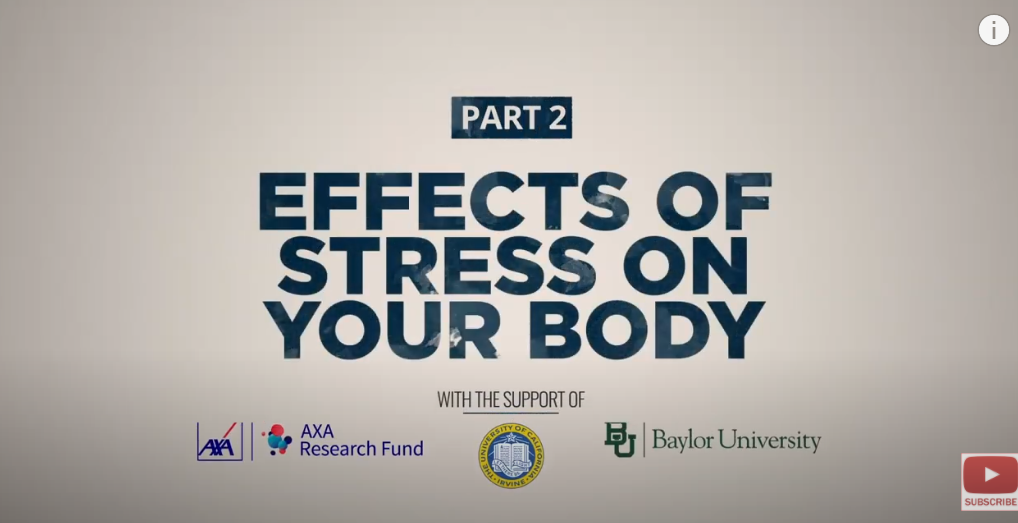What can prolonged stress lead to?

What can prolonged stress lead to?
Stress is a natural reaction to many situations in life, such as work, family, relationships and money problems.
We mentioned earlier on that a moderate amount of stress can help us perform better in challenging situations,34 but too much or prolonged stress can lead to physical problems. This can include lower immunity levels,35 digestive and intestinal difficulties, e.g. irritable bowel syndrome (IBS),36 or mental health problems such as depression.3 This means it is important to manage your stress and keep it at a healthy level to prevent long-term damage to your body and mind.
Stress is any change in the environment that requires your body to react and adjust in response. The body reacts to these changes with physical, mental, and emotional responses.
Stress is a normal part of life. Many events that happen to you and around you -- and many things that you do yourself -- put stress on your body. You can experience good or bad forms of stress from your environment, your body, and your thoughts.
How Does Stress Affect Health?
The human body is designed to experience stress and react to it. Stress can be positive ("eustress") -- such as a getting a job promotion or being given greater responsibilities -- keeping us alert and ready to avoid danger. Stress becomes negative ("distress") when a person faces continuous challenges without relief or relaxation between challenges. As a result, the person becomes overworked and stress-related tension builds.
Distress can lead to physical symptoms including headaches, upset stomach, elevated blood pressure, chest pain, and problems sleeping. Research suggests that stress also can bring on or worsen certain symptoms or diseases.
Stress also becomes harmful when people use alcohol, tobacco, or drugs to try to relieve their stress. Unfortunately, instead of relieving the stress and returning the body to a relaxed state, these substances tend to keep the body in a stressed state and cause more problems. Consider the following:
- Forty-three percent of all adults suffer adverse health effects from stress.
- Seventy-five percent to 90% of all doctor's office visits are for stress-related ailments and complaints.
- Stress can play a part in problems such as headaches, high blood pressure, heart problems, diabetes, skin conditions, asthma, arthritis, depression, and anxiety.
- The Occupational Safety and Health Administration (OSHA) declared stress a hazard of the workplace. Stress costs American industry more than $300 billion annually.
- The lifetime prevalence of an emotional disorder is more than 50%, often due to chronic, untreated stress reactions.